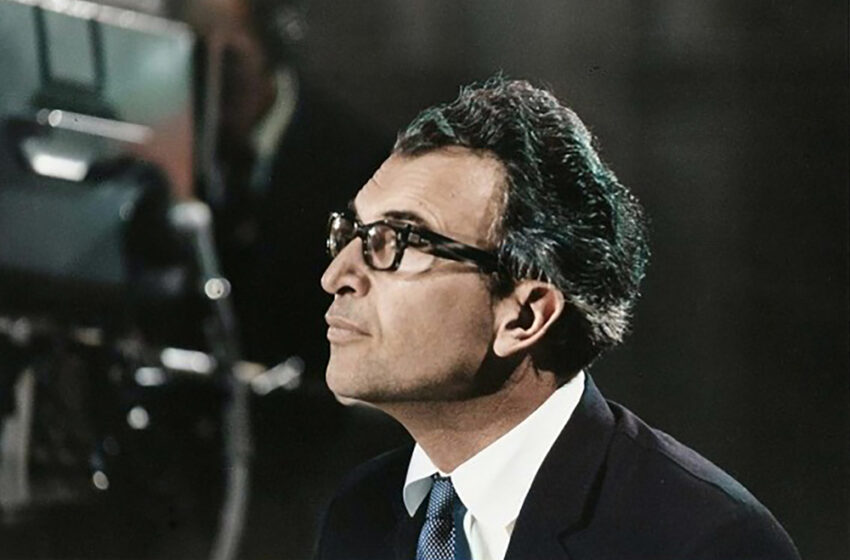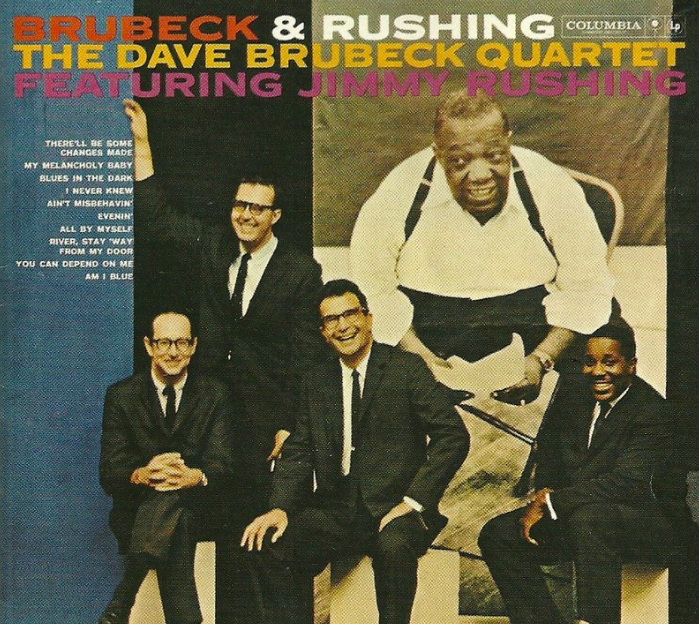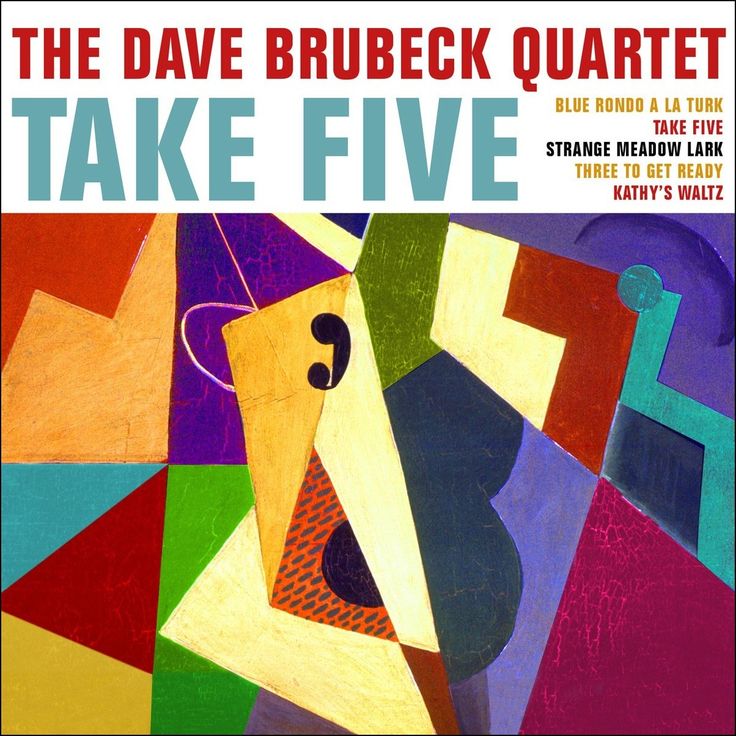TIME FURTHER OUT WITH DAVE BRUBECK Dec. 6, 1920 – Dec. 5, 2012)

I often thank God when it comes to turns or twists of fate in one’s destiny; and the fact that one of jazz’s finest pianists, composers, and combo leaders nearly became a vet instead of the famous jazz master into which he evolved. Before he ventured into the army, he founded an octet and then a trio, creating some intriguing music comprised of bop, swing, and neoclassical styles which did not always win praise from the critics of the day, who thought he did not swing enough, and trying to hard to please the college crowds instead of the jazz experts. Brubeck’s first ten-inch recording arrived in 1948 with Fantasy, but it was not long after that Columbia Records lured him away when they realized his potential.

While he was gaining much popularity with college audiences as evidenced by his 1953 recording, “Jazz At Oberlin”, Brubeck decided the best format for his sound would be a quartet with alto saxophonist Paul Desmond, bassist Eugene Wright, and drummer deluxe Joe Morello. Together they created some of the most intriguing time signatures leading to one of the most successful albums of all time, Time Out” in 1957. Ironically, even though the leader composed about 95% of their music, the best-selling or most famous piece was written by Desmond, “Time Out”. When I think back at all the finest quartets in the history of the genre, I strongly contend that they were amongst the top three that I have had the pleasure to hear; the other two being The Modern Jazz Qt. and the John Coltrane Qt. The longevity of the first two are unparalleled, spanning several decades. Brubeck was also among the few jazz musicians to be accepted in Russia (along with Benny Goodman and Zoot Sims/Al Cohn) in the 20th century. Brubeck was also only one of four jazz artists to appear on the cover of Time Magazine in the mid-fifties, along with Duke Ellington, Thelonius Monk, and Wynton Marsalis. I am surprised that a stamp or coin has not been issued in honour of him; as well as that many of his fine Columbia albums have not seen the light of the cd world. Besides “Time Out’, some of his other gems are “Ble Rondo A La Turk’, ‘Strange Meadowlark’, ‘In Your Own Sweet Way’, ‘The Real Ambassadors (he wrote with his wife Iola) and ‘The Duke’ , arguably the most pleasing melody ever written for the master composer Ellington, despite what Charles Mingus, Jimmy Heath, and Tom Talbert disciples might argue…
After the band disabandoned, the composer played and recorded with various artists including saxophonist Gerry Mulligan on two albums, as well as sons Darius, Chris, Daniel, and later Matthew. The group had successful tours and recordings. He later left Columbia for Concord Records, and finally Telarc. He was still composing and playing in his 80’s, creating a ballet, oratorios, a mass, chamber music, and several hundred jazz tunes. He passed away in his 92nd year, but not before recording one last solo endeavour for Verve Music called ‘Lullabies”, a haunting beautiful reminder of his profound musical legacy that the world should eternally embrace.
Essential Dave Brubeck

- The Dave Brubeck Octet-Eight Compostions & Arrangements (Fantasy 1953)
- The Dave Brubeck Trio (Fantasy 1954)
- Brubeck lays Brubeck (Columbia 1956)
- Time Out (Col. 1957)
- Time Further Out (1961)
- 25th Anniversary Reunion (A & M 1976)
- Brubeck Time (Col. 1955)
- Jazz Impressions of New York (Col. 1964?)
- The Real Ambassadors (Col 1962) with Carmen McRae, Louis Armstrong & Lambert, Hendricks & Ross
- Lullabies (Verve 2020)